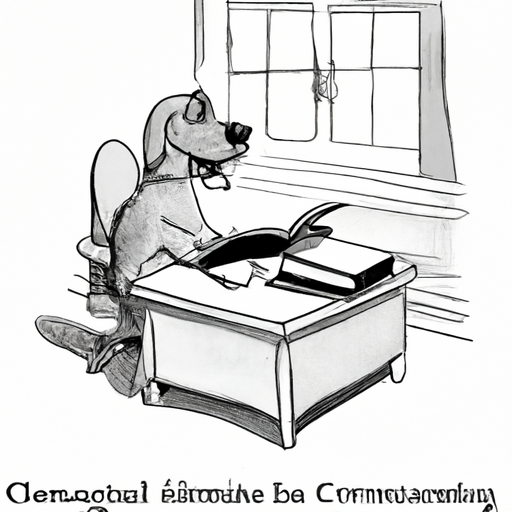Introduction
You, as a caregiver, might often wonder, ‘why are dogs so special?’. The answer lies not just in their adorable, wagging tails or their sparkly, innocent eyes, but in their innate ability to offer companionship and unconditional love. But there’s so much more to their story, and in this piece, we’ll dive deeper.
The History of Dogs and Humans
Understanding the bond between dogs and humans requires a stroll down the memory lanes of history.
- Dogs were the first animals to be domesticated, even before the advent of agriculture.
- Based on archaeological and genetic evidence, this bond goes back to more than 10,000 years ago.
- Dogs were not only helpful in hunting and protection but also played a key role in human socialization.
| Time Period | Role of Dogs |
|---|---|
| Prehistoric Times | Hunting Partners |
| Middle Ages | Protectors & Workers |
| Modern Times | Companions & Therapists |
The Science Behind Dogs’ Loyalty
As a caregiver, you know that a dog’s loyalty is unparalleled. But have you ever wondered why?
- Pack Animals: Dogs are inherently pack animals, meaning they thrive in a group. When you bring a dog into your home, you become their pack.
- Bonding Hormones: When a dog interacts with their human, their bodies release oxytocin – the bonding hormone, similar to a human mother with her child.
- Bred for Companionship: Over thousands of years, dogs have been selectively bred for their loyalty and companionship traits.
The Health Benefits of Having a Dog
But why are dogs not just great companions, but also incredibly beneficial for our health? Here’s why:
- Physical Health: Regular walks with your dog can help keep you fit and active.
- Mental Health: Studies show that dogs can alleviate stress, anxiety, and depression.
- Social Benefits: Dogs naturally attract attention, which can increase your social interactions and sense of community.
Dogs as Caregivers
As a caregiver, you understand the essence of care. But dogs, in their own unique ways, are caregivers too.
- They are known to sense human emotions and provide comfort.
- Certain breeds are trained as service dogs to assist individuals with disabilities.
- They do not just care for us, but also teach us valuable lessons about care and compassion.
FAQ
Q: How long have dogs been domesticated?
A: Dogs have been domesticated for over 10,000 years.
Q: Why are dogs so loyal to humans?
A: Dogs are inherently pack animals and view their human family as their pack. They also have hormonal responses to human interaction and have been bred for companionship.
Q: Can owning a dog improve my health?
A: Yes, owning a dog can improve both your physical and mental health by promoting exercise, reducing stress, and providing social benefits.
Q: How do dogs act as caregivers?
A: Dogs can sense human emotions, provide comfort, assist individuals with disabilities, and teach us about care and compassion.



